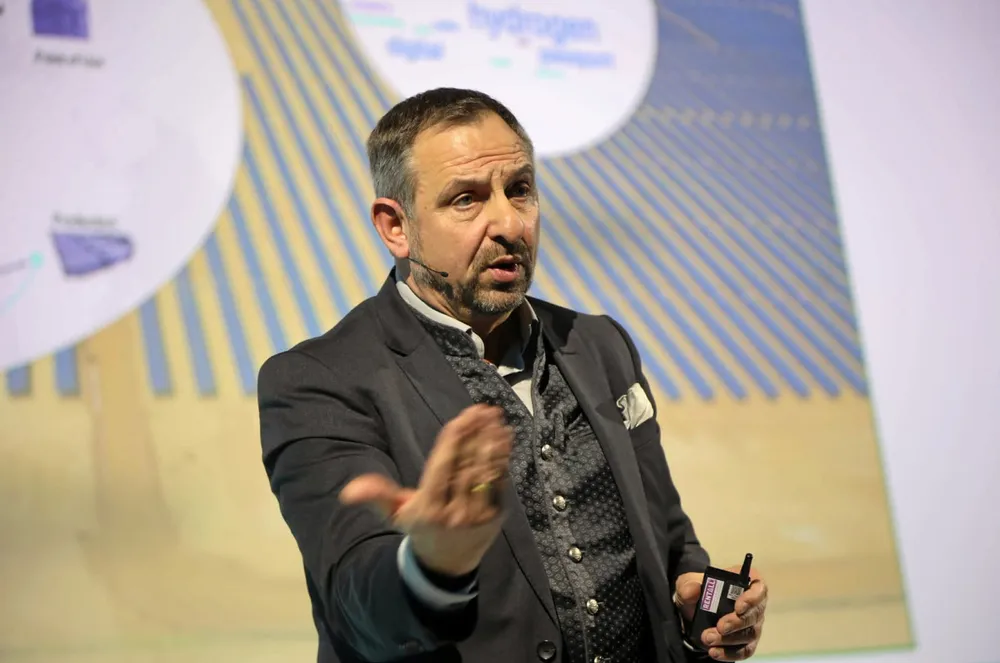EXCLUSIVE | 'EU bosses want to stop hydrogen subsidies going to Chinese electrolyser makers, but Germany objects'
Commission wants to introduce ESG rules on H2 equipment, but opposition from Berlin has put such a move on hold, Hydrogen Europe CEO tells Hydrogen Insight
